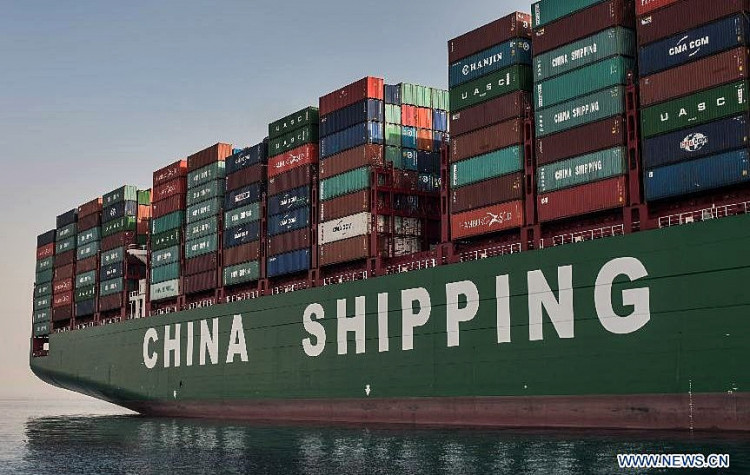Having run out of Chinese products to slap import tariffs on, the Trump administration is now looking to seriously limit Chinese investments in the United States in a new bid to "win" its stalled and increasingly disastrous trade war with China.
The administration is trying to find a way to use the new powers granted in June to the Committee on Foreign Investment in the United States (CFIUS) to attain its goal of stifling China's alleged theft of U.S. intellectual property.
CFIUS is the inter-agency committee that reviews the national security implications of foreign investments in U.S. companies or operations. The new powers allow CFIUS to review proposed transactions on a case-by-case basis, and to look at entire industries or sectors to assess the potential national security-related effects.
CFIUS can now more easily block foreign buyers like the Chinese from acquiring American companies if the prospective investors are considered a threat to U.S. national security.
The new law upgrading CFIUS also enables the Department of Commerce to update the list of products subject to export controls to better protect industries seen as strategic. Among these new and vital technologies subject to stricter investment controls are artificial intelligence and robotics.
In its defense, China argues it's kept its commitments under the World Trade Organization (WTO) rules and protects the intellectual property rights of foreign firms.
Anti-China members of the administration such as Larry Kudlow, Director of the National Economic Council and U.S. Trade Representative Robert Lighthizer, appear to have the advantage in the debate about increasing the pressure on China and punishing China for its IP theft.
Cybersecurity sources said Lighthizer, a long-time proponent of tougher action on China, was one of the advocates for using the measure. The hawkish Lighthizer continues to advocate unilateral measures against China. He was among the first Trump advisers to urge the president to broaden restrictions on Chinese investments by using CFIUS more and more.
In a recent report to Trump, Lighthizer claims that China's IP and tech transfer policies are causing damage to U.S. companies in the billions of dollars. The U.S. business community, however, says tariffs and the trade war aren't the right tools to punish China for its IP violations.
The Semiconductor Industry Association says it remains frustrated tariffs do little to address the semiconductor industry's real problems with China, especially IP theft. SIA CEO John Neuffer said the association welcomes creative efforts by the government towards a more muscular stance when it comes to IP enforcement. He said that without IP, the modern American economy would wilt, "so it must be protected."






